Give a damn
We did it! Our fundraising drive has reached its target of $18,000. Around $11,000 came from subscription fees from our premium subscribers, and the remainder from additional donations from readers.
We have sent SOLA the funds to buy 35 Kindles for their new cohort in Rwanda, and Fondo Guadalupe Musalem the funds to purchase a new computer and printer for their office in Mexico, and 14 laptops for their high school students, who would otherwise not have access to this technology. Each piece of equipment will unlock new possibilities for the young women who attend these schools.
A big thank you to our paid subscribers for making this possible, and a special shout-out to all of you here in the free edition who donated. We were overwhelmed by your support, and we loved reading all your messages. It’s inspired us to double down on our commitment to keep finding these charities.
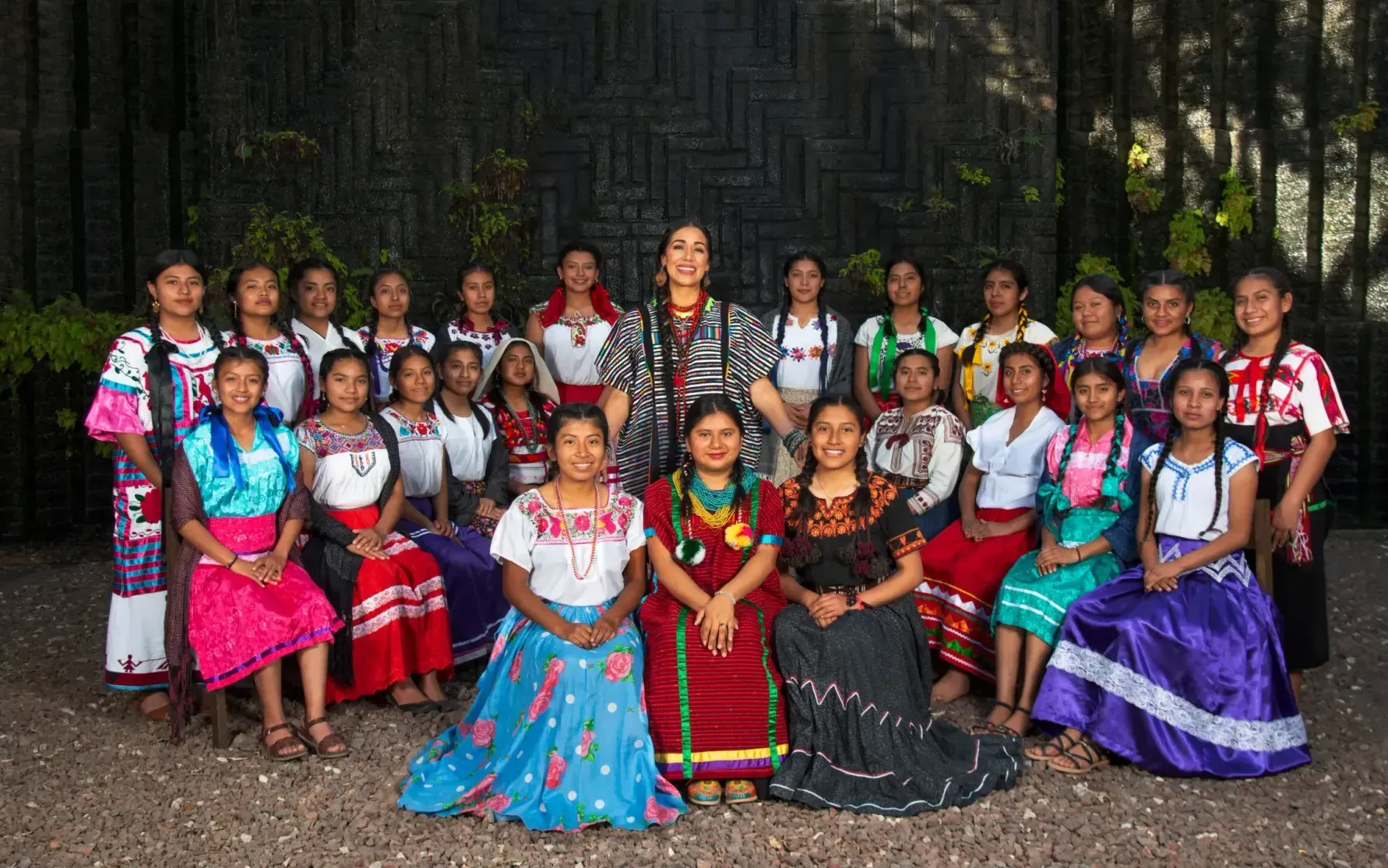
Good news for people
World's most populous country reverses slide to authoritarianism
'The years ahead will, with any luck, be ones of negotiation and compromise. This will be a return to form for India, a vastly diverse nation whose unruly polity has resisted autocracy at every turn since it shrugged off British colonial rule in 1947. The whole world should breathe a sigh of relief that India’s voters have spoken, loudly, in favor of continuing that glorious, messy tradition.' NYT
Humanity sees significant decline in tetanus-related fatalities
Tetanus, a bacterial infection that causes paralysis and can be fatal, claimed over 250,000 lives annually in the early 1990s. By 2019, the number of deaths had plummeted to fewer than 35,000 per year—largely thanks to widespread administration of the combined diphtheria, tetanus, and pertussis vaccines. OWD
Investments in neglected diseases have save eight million lives
Between 1994 and 2022, almost $100 billion has been invested in neglected disease R&D for drugs, diagnostics, vaccines, biologics, microbicides, and vector control. This has resulted in 183 new products—which have saved 8 million lives since 2000 and reduced deaths by more than 30%. With continued scale-up and introduction, more than 32 million more lives could be saved by 2040. Vox
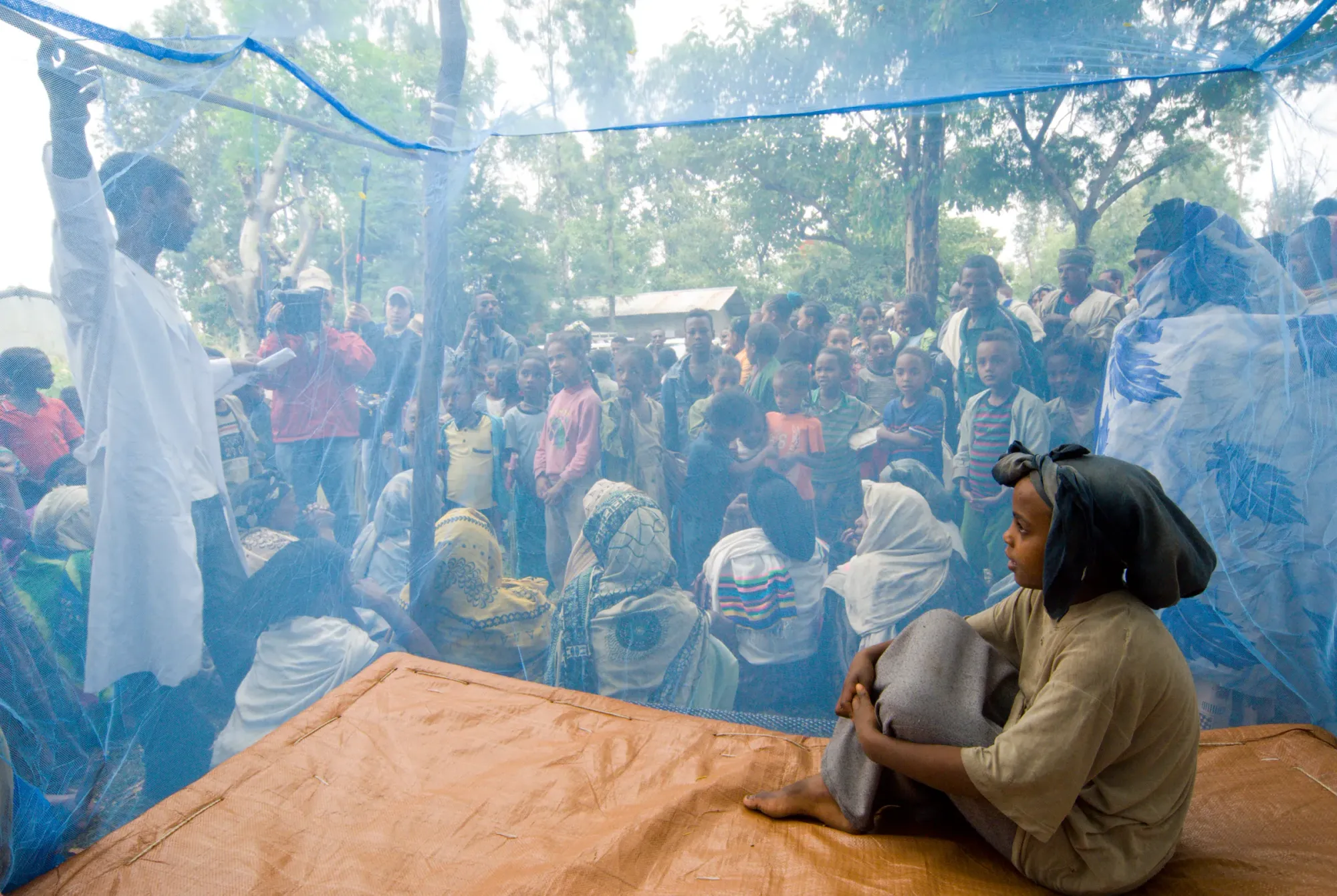
Foreign aid helps millions of people in South Asia
The World Bank's International Development Association says that in the past four years, an estimated 84.7 million people in the region benefitted from safety-net programs; 24.5 million people received essential health, nutrition, and population services; 2.6 million gained access to improved water sources; and 1.8 million gained access to improved sanitation services. World Bank
Violent crime is down and the US murder rate is plunging
Finally, a bit of mainstream coverage in CNN! According to a new report from the FBI, murders, rapes, assaults, robberies, burglaries, and vehicle thefts all dropped by double-digit percentages during the first three months of 2024, compared to the same months in 2023. As Jeff Asher points out, the data is preliminary, but the trend is clear.
Historic gains in healthcare for minorities in America
Between 2010 and 2022, the proportion of uninsured Black Americans declined from 20.9% to 10.8%; for Latinos from 32.7% to 18%; for Asian Americans, Native Hawaiians, and Pacific Islanders from 16.6% to 6.2%; and for Native Americans from 32.4% to 19.9%. The federal government is now investing an extra $500 million to sign up more people from underserved communities. HHS
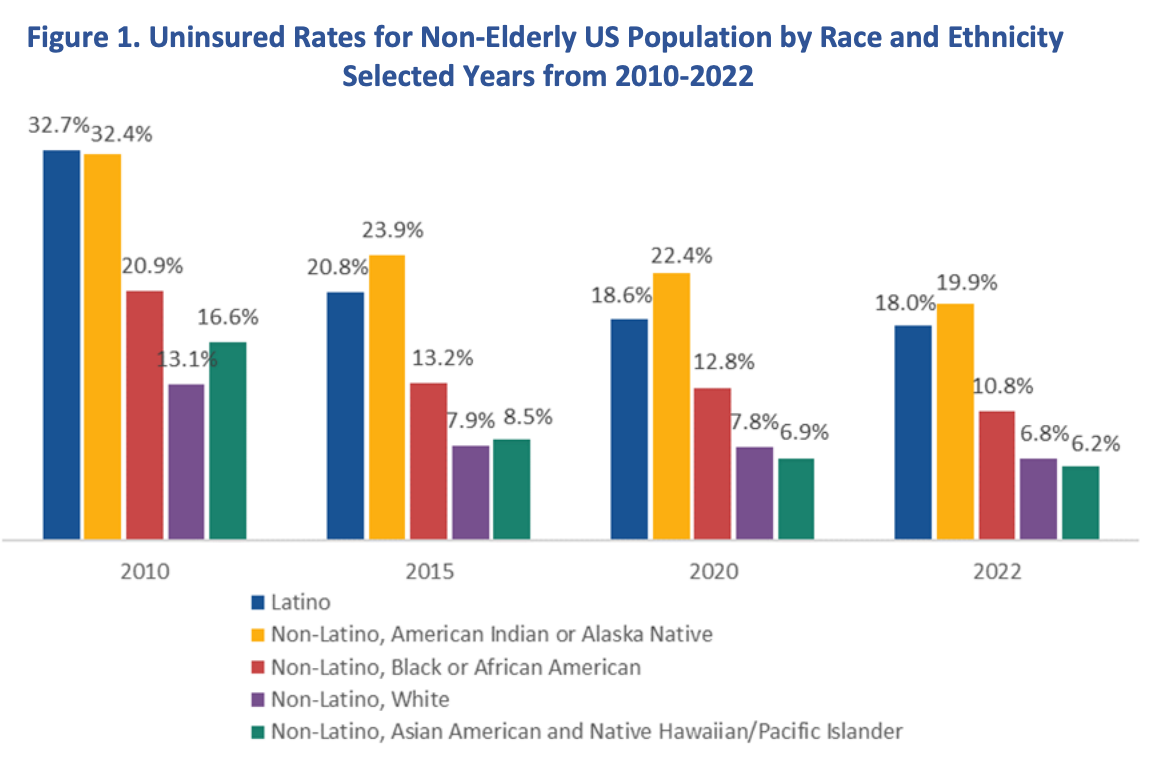
West African border towns regain their coasts and livelihoods
Over the last few years, Benin and Togo have constructed over 42 km of protection for communities on their coastlines, protecting hundreds of thousands of people from the threat of flooding. 'We now sleep peacefully, free from the fear of inundation. It's not merely a project; it’s a beacon of hope, a testament to our resilience and reconciliation with the sea, our lifeblood.' World Bank
Ireland is extending free contraception to more women
From July 1, all women and other people identifying as transgender or non-binary, aged 17-36, will be eligible for free contraception. Almost 2,400 GPs and 2,050 pharmacies are already providing services under the scheme, with more than 189,000 women accessing the service in 2023.
Gender should not be a barrier to healthcare, and I firmly believe that the Free Contraception Scheme is a landmark initiative that empowers women, enabling them to make choices about their reproductive health without any financial burden.
Stephen Donnelly, Minister for Health, Ireland
Free contraception helps Finland reduce teenage abortions by 66%
After rising in the 1990s, the number of teenage abortions in Finland plummeted between 2000 and 2023, thanks to free contraception for adolescents and compulsory sex education in schools. Since September 2023, Finland has also stopped requiring women to give a reason for having an abortion, making it available upon request during the first 12 weeks of pregnancy. Reuters
Humanity is making progress on reproductive rights
As the US Supreme Court prepares to hand down its latest batch of rulings, here is your periodic reminder that America is an outlier. Some 60 countries around the world have made their abortion laws more liberal in the past 30 years; only a small handful, which includes the United States, have made their abortion laws more restrictive. Think Global Health
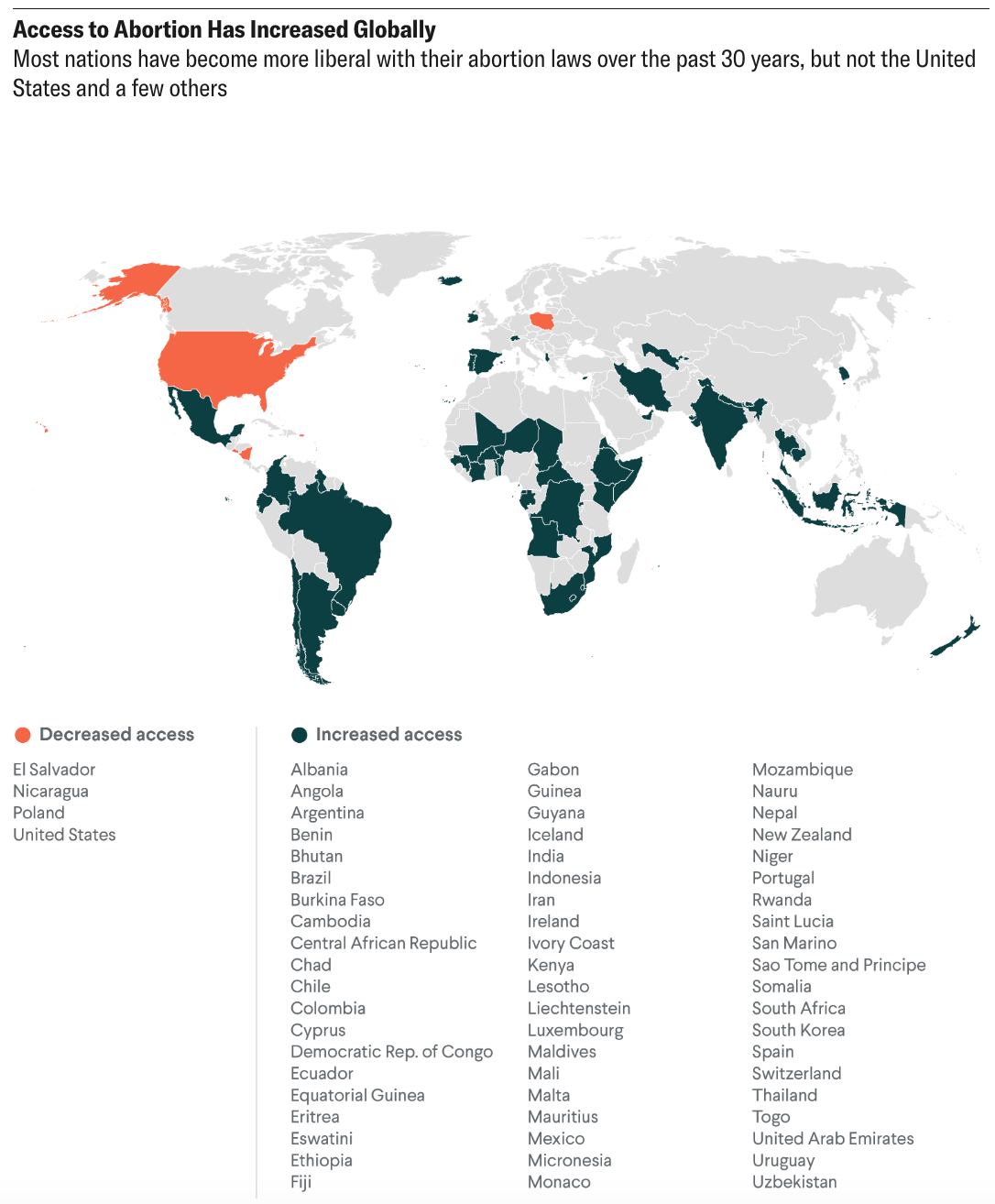
More good news you didn't hear about
With the historic election of Mexico's first female president, here's a look back at the long journey feminists have travelled to get to this moment. A new blood test in the UK can predict if breast cancer will return years before the disease shows up on scans. Mobile health brigades are saving lives in rural Mozambique. Colombia's homicide rate has more than halved since the 1990s (also from Colombia, check out 'Esperanza's tale of hope'). The World Bank says the global economy is in better shape than it was at the start of the year, thanks largely to the United States. The dramatic decline in childhood mortality during the 20th century has added a full year to women's lives. Reducing air pollution in London resulted in elementary school students doing better at tests. Taiwan has cut air pollution by around a third since 2007, and lung cancer deaths have declined too. How Ecuador got hospitalisations to drop by hundreds of thousands. Social safety nets in Latin America and the Caribbean reached 73 million beneficiaries between 2019 and 2023. New fronts are opening in the war against malaria. Real superheroes don't wear capes: meet the eight champions just recognised by the WHO for outstanding contributions to public health.

We learned a lot of things growing up, but no one taught us how to effectively navigate the 24/7 negative news cycle or make sense of the overwhelming influence media and technology have on our lives. This lack of guidance leaves us vulnerable to anxiety, distraction, and disconnection.
What if you could reclaim control? Our mission is to help you transform your media diet into fuel for your wellbeing. By the end of this course, you will not only understand the invisible effects of media but also know how to leverage this to enhance every aspect of your life — from better mental health and mindset to improved relationships and productivity. Join now. If you are an educator, there is a school program too. Get in touch to learn more.
Good news for the planet
Major milestone for ozone layer recovery
Levels of hydrochlorofluorocarbons (HCFCs), the last ozone-damaging chemicals to be phased out, have been falling since 2021—the first decline since scientists started taking measurements in the late 1970s. 'This marks a major milestone in the recovery of Earth’s ozone layer – and offers a rare success story in humanity’s efforts to tackle climate-warming gases too.' The Conversation
China’s Green Great Wall against desertification
Since 1978, China’s ambitious Three-North Shelterbelt Forest Program has reforested 32 million hectares of desert-prone lands in the north of the country. The program has flourished thanks to scientific plant distribution methods and the rise of agrivoltaics, which combines new energy power generation with agricultural production, expanding greenery in fragile sandy areas. China Today
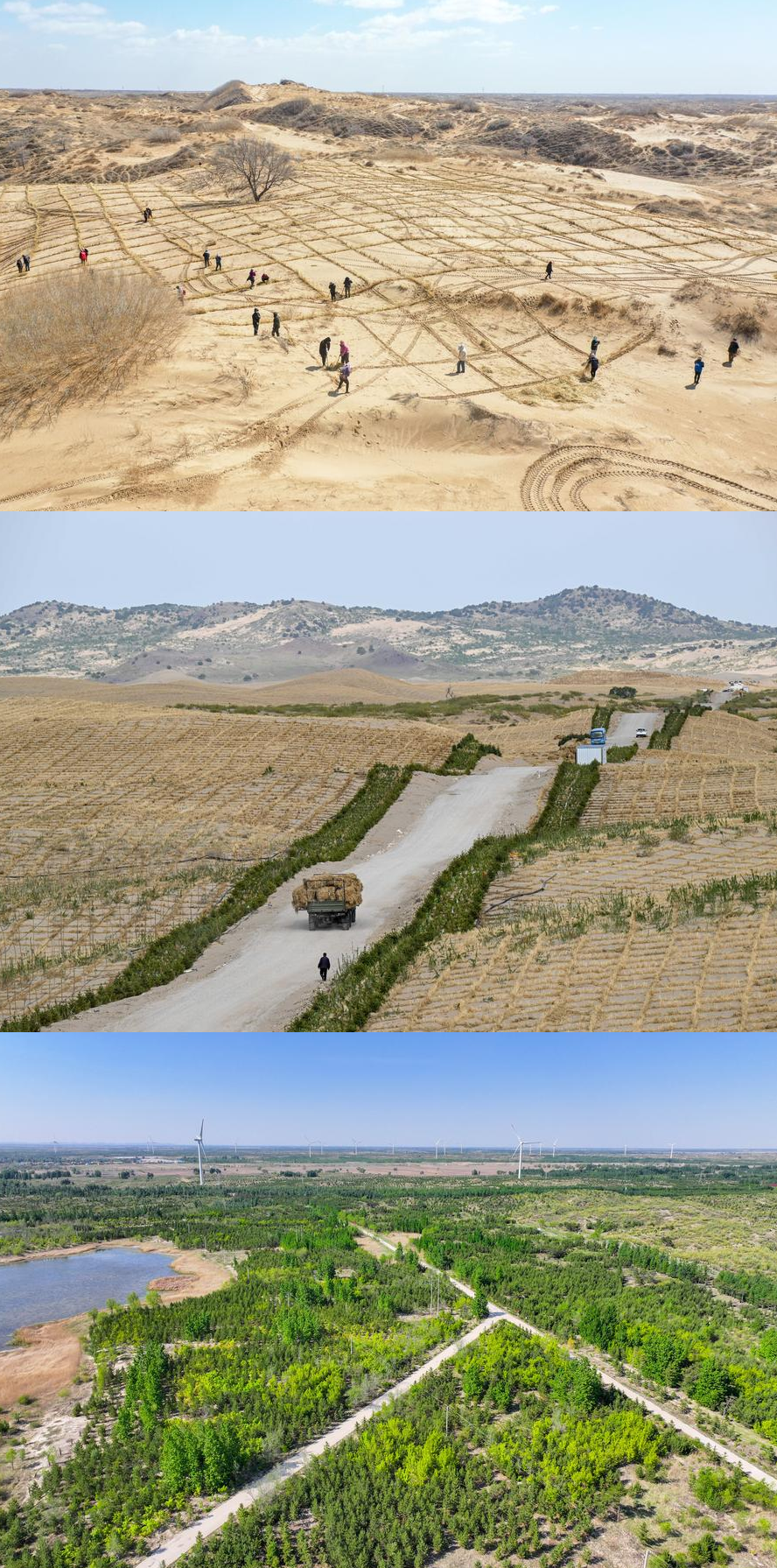
Brazil boosts protections of mangroves in the Amazon
After 13 years of advocacy, the state of Pará has created two new conservation areas along the Amazonian coastline, protecting an additional 74,700 hectares of the most continuous belt of mangroves on the planet. The Filhos do Mangue and the Viriandeua extractive reserves will preserve the area’s rich diversity and guarantee food security for local communities. Mongabay
Wild horses return to Kazakhstan
After a 200-year absence, a group of seven Przewalski’s horses—known as the world’s last wild horses—have returned to central Kazakhstan. The horses are descended from two groups that survived in Munich and Prague zoos, and a total of 40 horses will be relocated over the next five years. The Guardian
Biden administration’s environmental track record
During Biden’s term, around 41 million acres—an area slightly larger than Florida—has been placed under some form of new protection, making him 'one of the nation’s strongest conservation presidents.' Protections range from glacial lakes in Minnesota to tribal lands in New Mexico, huge expanses of the Arctic, and archaeological sites in Texas. The Guardian
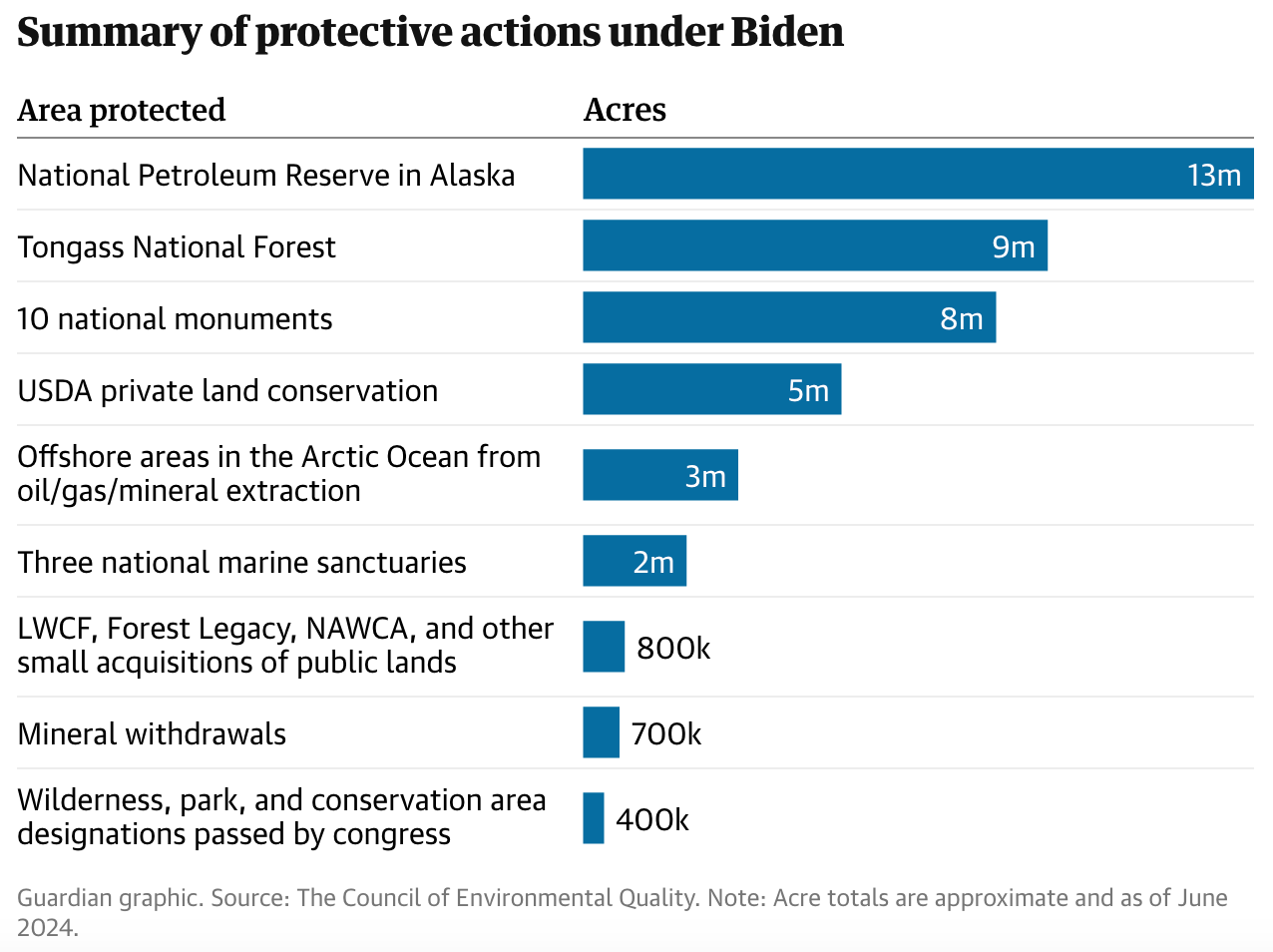
Cleanup of Washington’s ‘forgotten’ river
Twenty-five years ago, the Anacostia River, a 14-kilometer urban waterway that flows through Washington, D.C., was one of the most polluted rivers in America. Today the water quality is steadily improving, after a series of tunnels that reduced outflows of sewage and wastewater by 91% were drilled under the city. AP
New national park in Australia will be home to 12 threatened species
The 37,422-ha Comeroo Station in NSW provides habitat for at least 158 native species, including the threatened eastern fat-tailed gecko, the south-eastern hooded robin, and the Hall's babbler. The property boasts alluvial floodplains, wetlands, grasslands, woodlands, and Yantabulla Swamp, an internationally-recognised area that hosts up to 50,000 waterbirds at any one time. Mirage News
California is building the world’s largest wildlife bridge
Construction has begun on the Wallis Annenberg Wildlife Crossing, a $100 million structure that will give threatened mountain lions and other animals such as bobcats, coyotes, and mule deer a safe path over a 10-lane freeway. The bridge will span roughly the size of a football field, reconnecting the Santa Monica Mountains with the Simi Hills; it is expected to open in early 2026. Washington Post
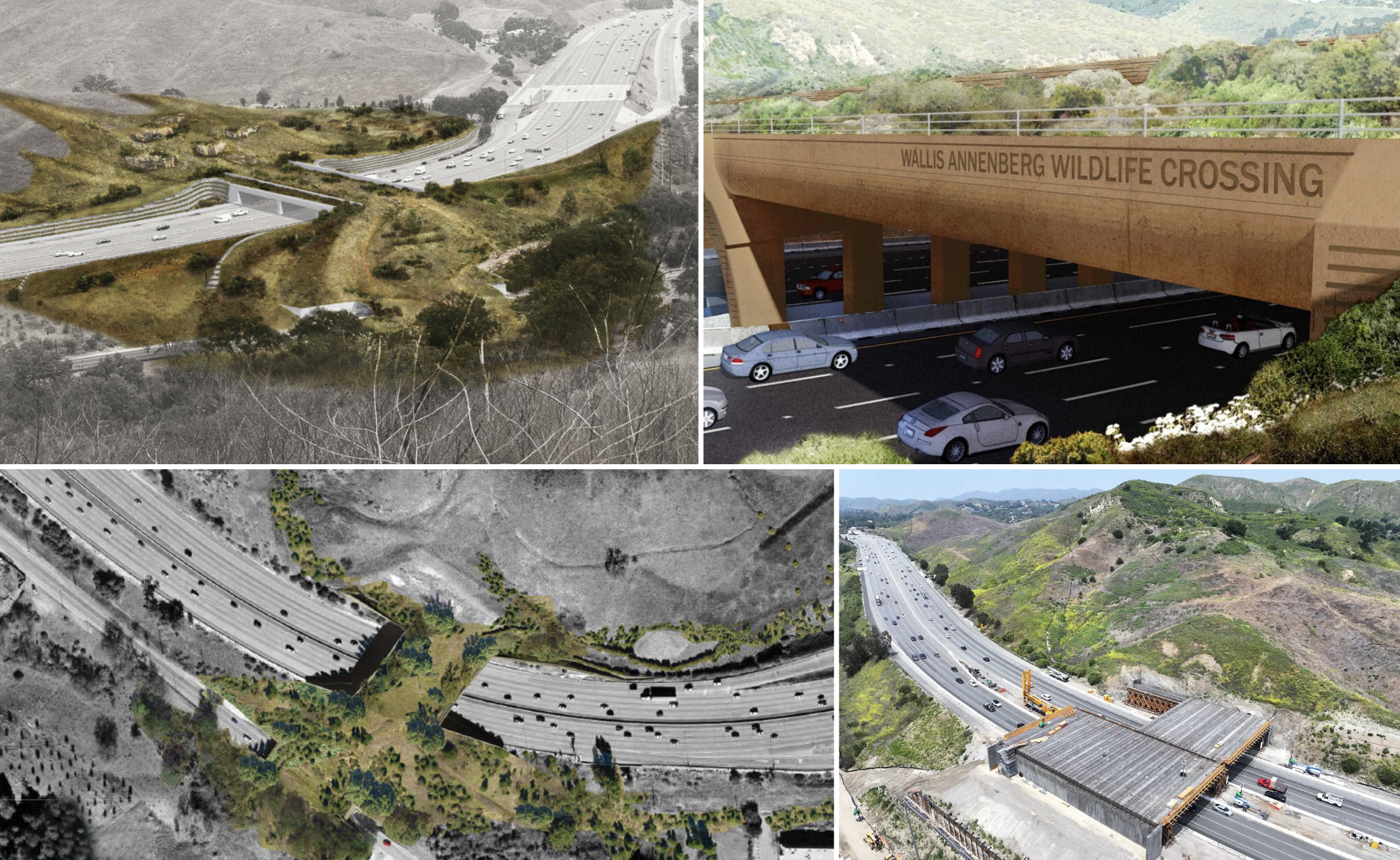
More music for those who will listen
Rewilding efforts are throwing a lifeline to Brazil’s most-trafficked endangered bird, farmers in Bolivia are improving their livelihoods by protecting the endangered red-fronted macaw, and birding tourism is thriving in Ecuador. Sweden is about to become the second EU country, after Greece, to ban bottom fishing in MPAs. Exciting news for vulture populations in Bulgaria. A historic rewilding project has seen 120 southern white rhinos translocated to Kruger National Park. In Bangladesh, olive ridley turtles break a four-year record with a 53% increase in eggs. Mangrove restoration is underway in the Niger Delta. A conservation victory for California’s Mendocino forests is good news for the endangered coho salmon, steelhead trout, and northern spotted owl. This innovative Australian organisation uses marine trash to track ghost nets in the ocean. How Indigenous aquaculture is healing ecosystems and communities in Hawaii. The number of nature-based policy announcements from governments around the world has doubled in the past year. And finally, a reminder: it's actually just one big ocean.
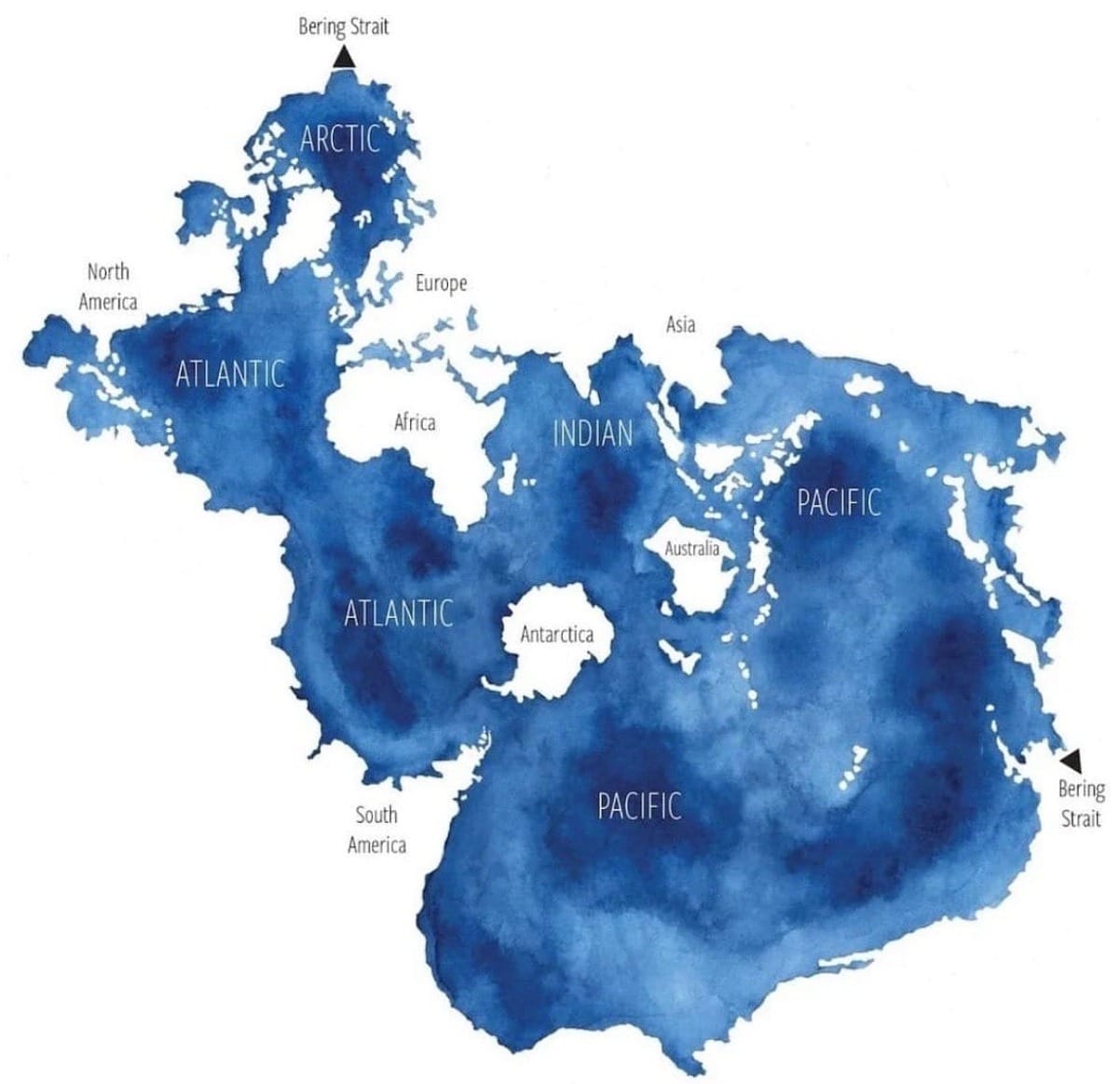
That's it for this edition thanks for reading. We'll see you next week.
With love,
Gus and Amy



